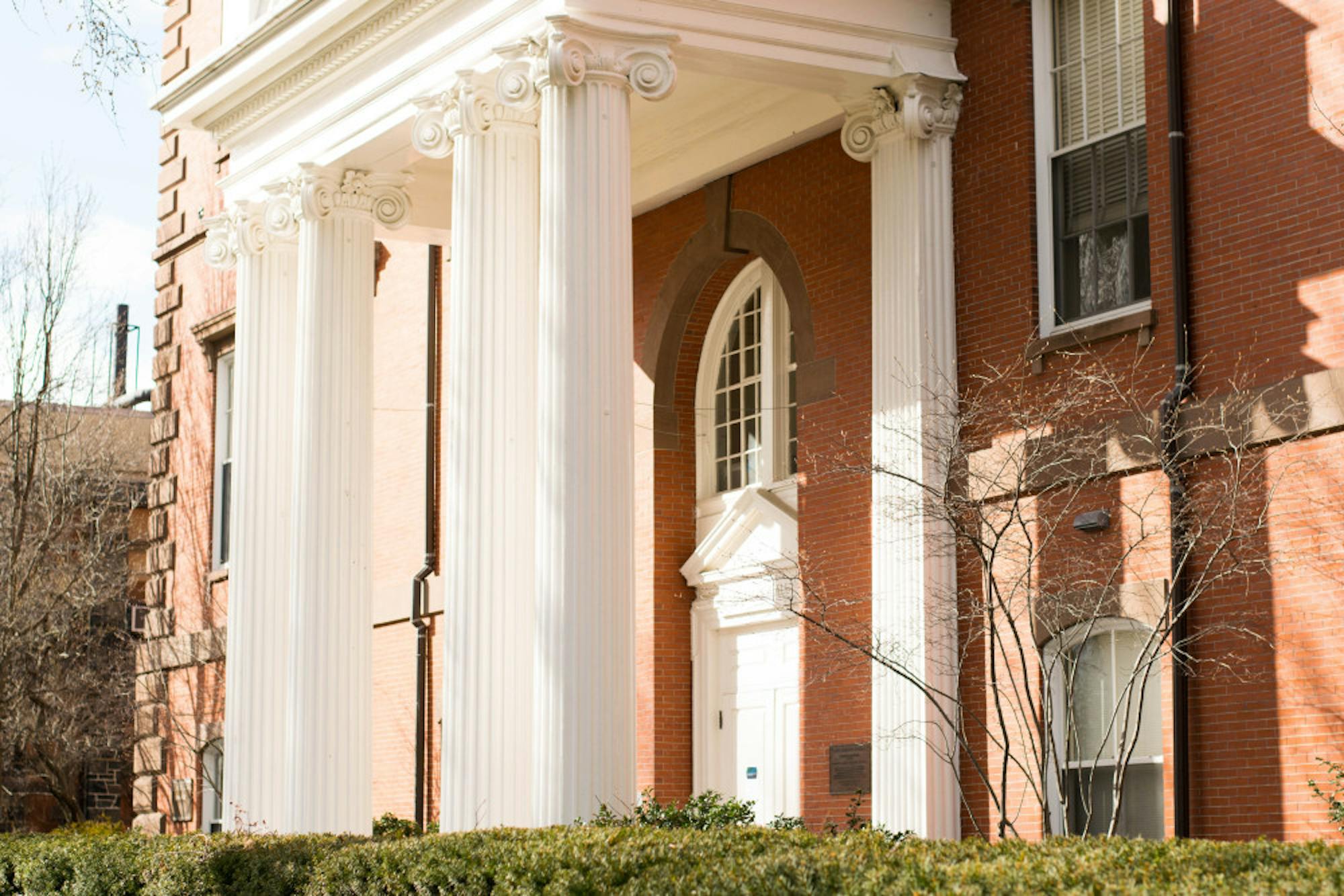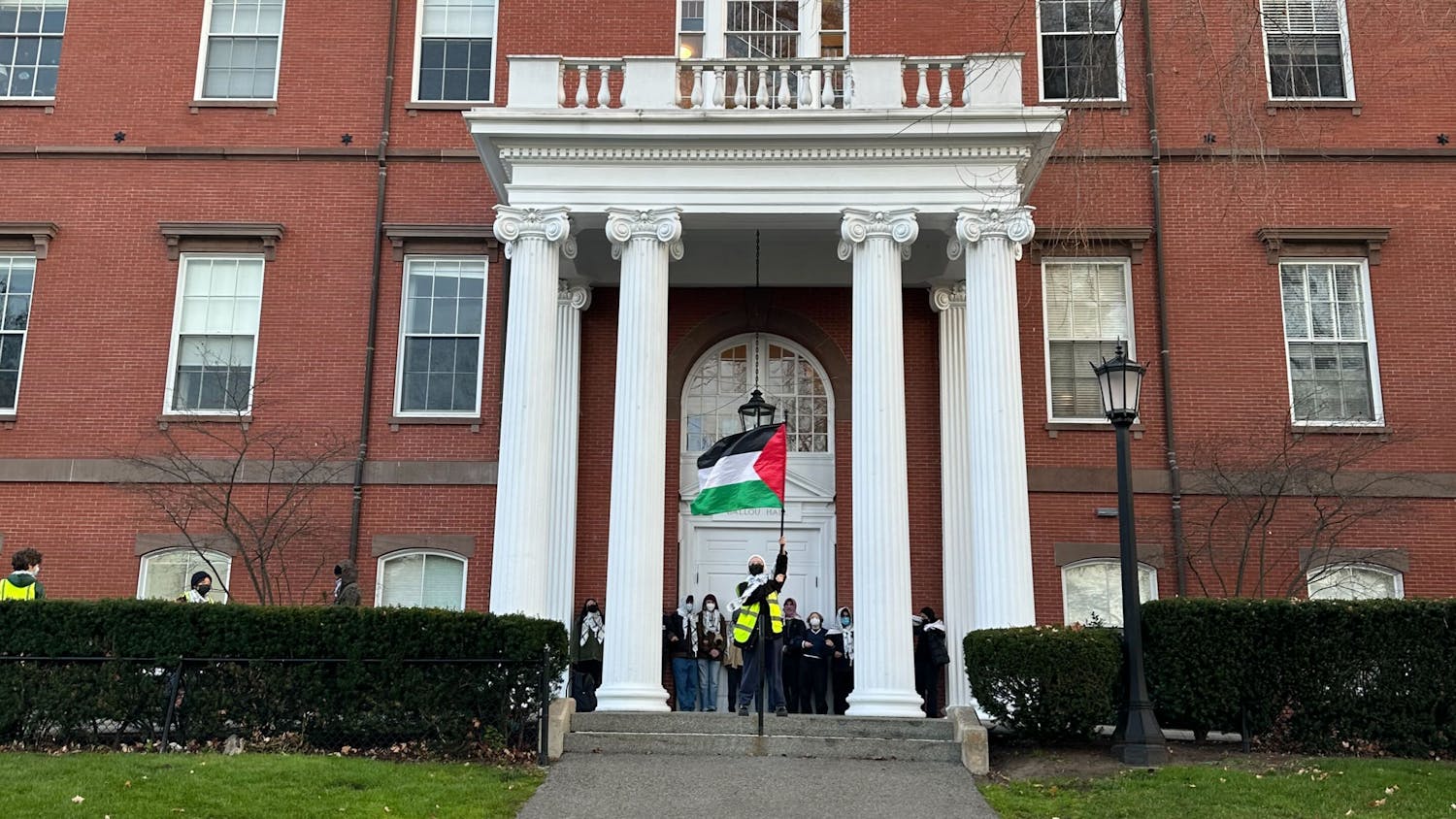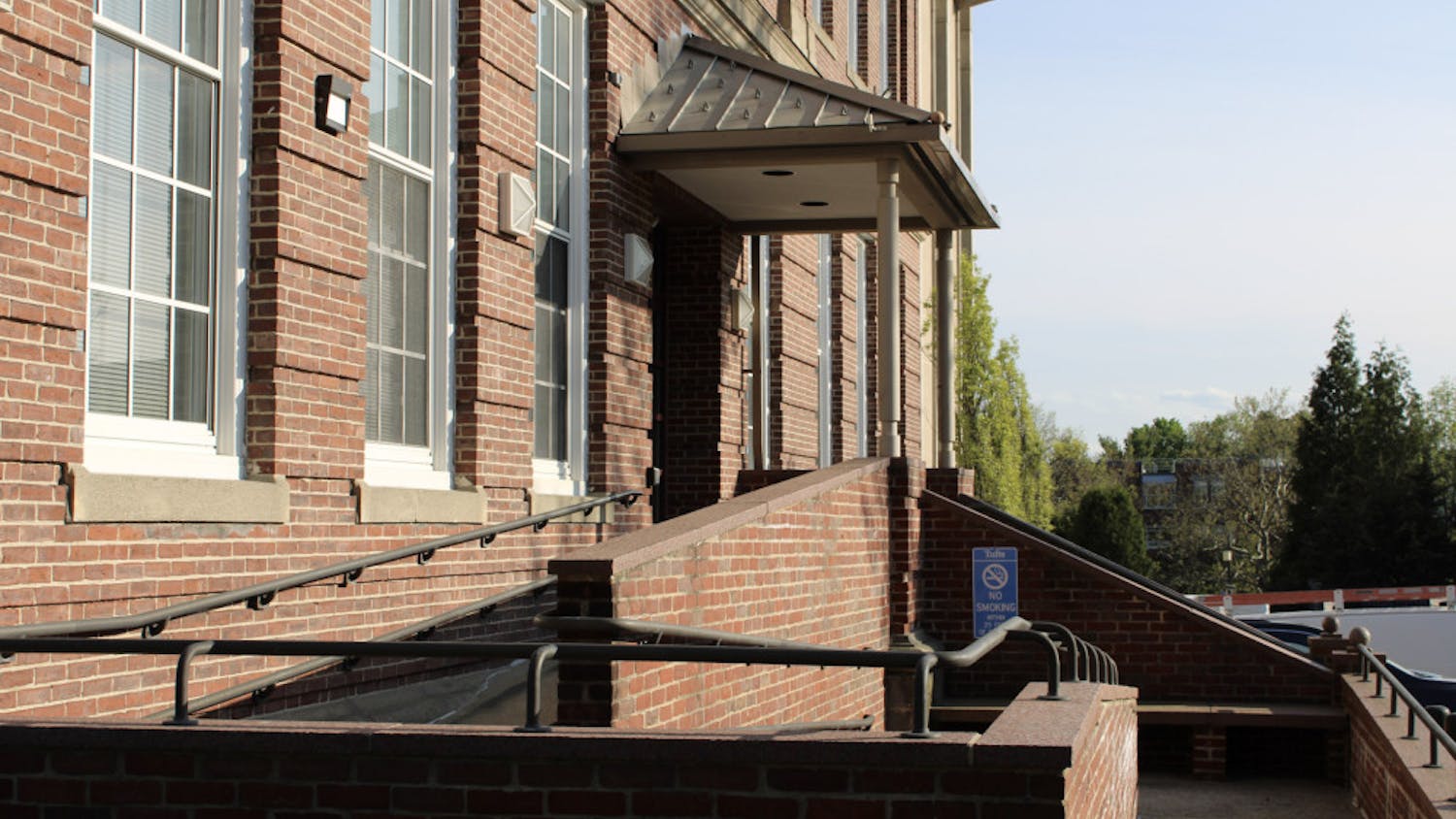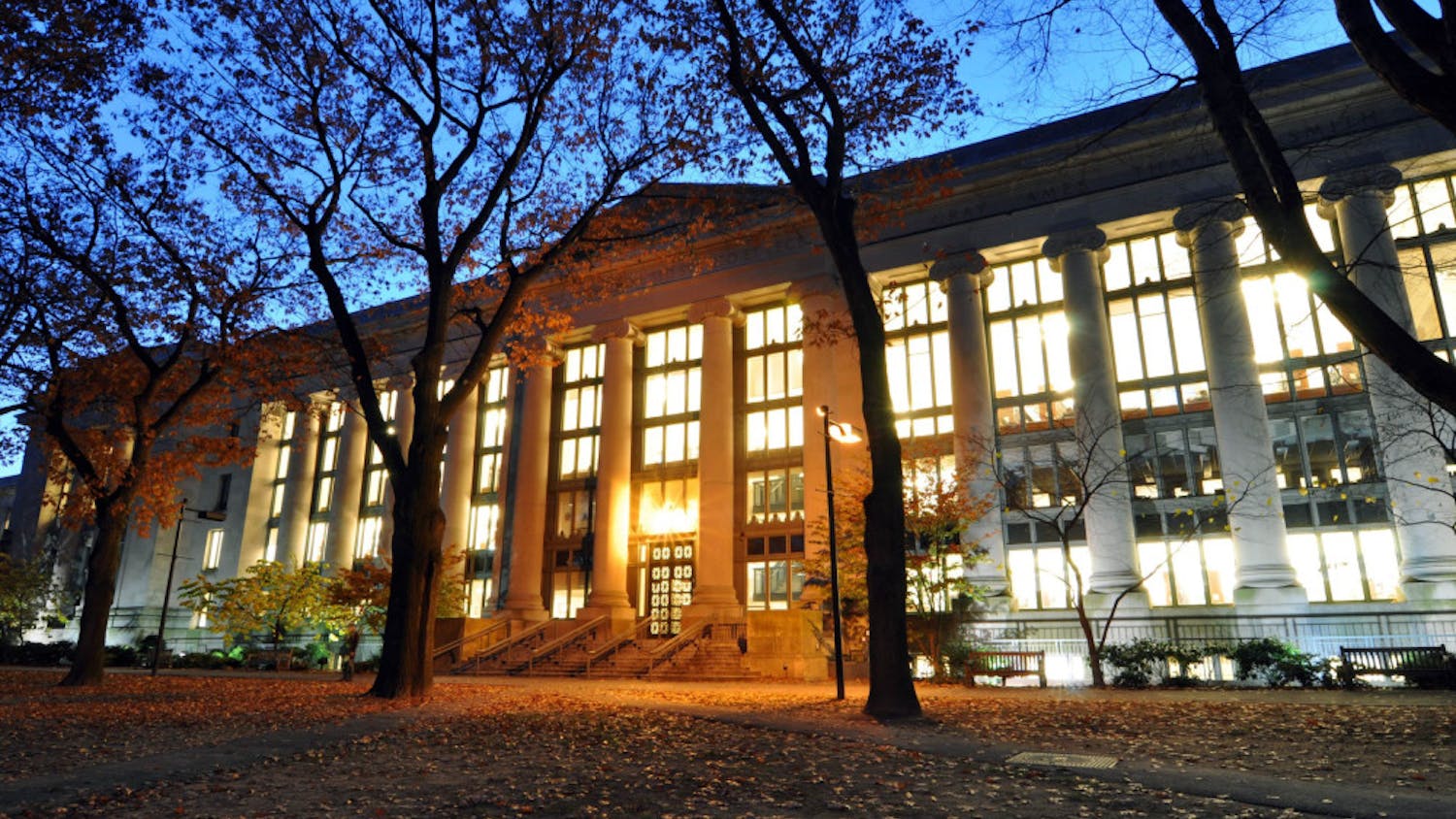Editor’s note: This is the final part in a four-part series from the Daily’s Investigative Team. Part 1 was published Monday, Part 2 was published Tuesday and Part 3 was published Wednesday. All previous parts can be found online.
This investigation documents that Tufts has received over $22 million in donations from seven charitable foundations with histories of supporting questionable scholarship and promoting political agendas at other institutions of higher education.
Besides Tufts, leading universities across the country have also accepted millions of dollars from the foundations covered in this investigation, according to tax records made available by American Bridge 21st Century.
Harvard University has accepted over $9 million from The Lynde and Harry Bradley Foundation since 1986 and nearly $6 million from the John Templeton Foundation since 2006.
The University of California, Los Angeles has accepted over $2 million from the Bradley Foundation since 1986 and over $1 million from the Smith Richardson Foundation since 1998.
Tufts received significantly more money from these organizations than many of its peer institutions across the country, having accepted $22 million in donations. However, it has accepted considerably less than schools like Yale University and the University of Chicago, which have received over $30 million and over $51 million, respectively, from several of the foundations covered in this report.
Yale University accepted over $19 million from the John M. Olin Foundation from 1985 to 2008 and has accepted nearly $12 million from the Smith Richardson Foundation since 1996.
The University of Chicago has accepted nearly $16 million from the Templeton Foundation since 2006, over $14 million from the the John M. Olin Foundation between 1985 and 2005, over $11.5 million from the Bradley Foundation since 1986, over $5 million from the Sarah Scaife Foundation since 1985, over $2.7 million from the Smith Richardson Foundation since 1996, over $2 million from the Earhart Foundation since 1995 and $5,000 from the Charles Koch Foundation since 2014.

Ralph Wilson, co-founder of UnKoch My Campus, said that the scale of these donors’ contributions has increased significantly since the 1980s.
“It's interesting because it's been a kind of long game,” Wilson said. “What we're seeing more recently are really aggressive, highly funded, highly targeted efforts. That's the big difference … since the founding of the [Charles] Koch Foundation [in 1980].”
The increase in contributions from these charitable foundations in recent decades is reflected in Tufts’ donation acceptance record. From 1985 to 2000, the university accepted a cumulative annual average of $361,403 from the seven organizations covered in this investigation.From 2001 to 2016, that figure rose to $861,732.In 2017, Tufts accepted a six-year, $3 million grant from the Charles Koch Foundation to fund the Center for Strategic Studies at The Fletcher School of Law and Diplomacy.
At the same time, many of these foundations have adopted increasingly aggressive strategies to discredit media coverage and criticism of their activities.
In her 2016 book, “Dark Money,” journalist Jane Mayer reported that Koch Industries hired a public relations team in 2011 to attack reporters who covered the funding efforts of Koch-affiliated enterprises and foundations.
“To fight back, [Philip Ellender, Koch Industries’ president of government and public affairs] launched a pugnacious corporate Web site called KochFacts that waged ad hominem attacks, questioning the professionalism and integrity of reporters whose work the company found unflattering, ranging from The New York Times to Politico,”Mayer wrote. “Brass-knuckle tactics were nothing new for the Koch brothers, but they were now deploying them against legitimate news reporters.”
Mayer also claimed that she was targeted by the Koch brothers for her reporting.
“[As] the Kochs were ramping up spending on the midterm elections, half a dozen or so highly paid operatives labored secretly in borrowed office space in the back of the lobbying firm run by the former congressman J. C. Watts,”Mayer wrote. “Their aim, according to a well-informed source, was to counteract The New Yorker’s story on the Koch brothers by undermining me. ‘Dirt, dirt, dirt’ is what the source later told me they were digging for in my life. ‘If they couldn’t find it, they’d create it.’”
Internal documents from the Bradley Foundation, obtained illegally by hackers and published by the Milwaukee Journal Sentinel in 2017, reveal that the foundation maintains a list of organizations “that attack groups and people helping the Foundation further its mission.”
[aesop_document type="pdf" src="https://cdn.tuftsdaily.com/2018/11/Organizations-That-Attack-Conservatives.pdf" caption="Internal documents from The Lynde and Harry Bradley Foundation, obtained illegally by hackers, were published by the Milwaukee Journal Sentinel in 2017."]
The Bradley Foundation identifies the magazine Mother Jones in these documents for, “Among other things, aggressively [covering] what it calls conservative ‘dark money’ and elections.”
Mayer noted that many of these donors hold conservative-leaning ideologies because liberal organizations tend to focus more on electoral politics than academia. Officials at the foundations covered in this investigation have stated their intentions to support politically informed scholarship at universities across the country.
The foundations’ funding has elevated racially divisive scholarship, outed gay students, downplayed or denied the effects of climate change and investigated the scientific basis of intercessory prayer and intelligent design. They have also requested students’ contact information in order to improve their “election capabilities” and have targeted journalists who report on their donation practices.
Nonetheless, Tufts administrators and faculty responsible for managing these donations remain unaware of, or unconcerned with, the donors’ controversial practices at other universities and their personal interests at Tufts. Instead, the university’s review of potential donations appears to focus solely on their direct, on-campus impact.
Liam Knox contributed reporting to this article.






